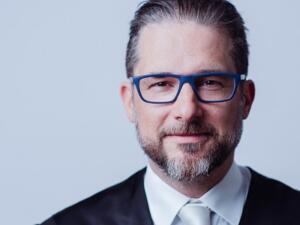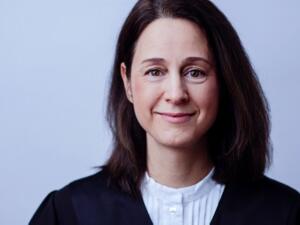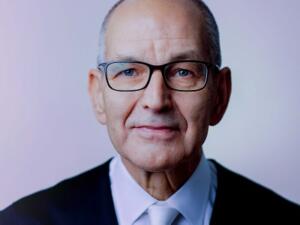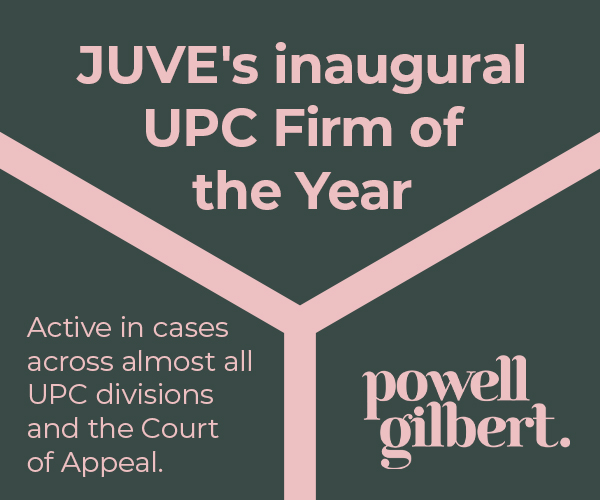Kather Augenstein: A Düsseldorf litigation boutique with sights firmly set on the UPC
Five law firms have been nominated for the JUVE Patent Award UPC Firm of the Year 2025. One of them is the Düsseldorf boutique Kather Augenstein, which was founded just under nine years ago, but whose partners have always been highly involved in the UPC's creation. This networking is now paying off.
5 December 2024 by Konstanze Richter
In 2015, the Düsseldorf litigation lawyers around Christof Augenstein and Miriam Kiefer had one goal firmly in mind: To optimally prepare their team for the UPC. Not only were they involved in the new court’s creation, taking part in numerous mock trials, but they worked hand in hand with international partners, for example from the IP boutiques Powell Gilbert in the UK and Véron in Paris.
This focus ultimately led to the spin-off from the traditional law firm Preu Bohlig in early 2016. The partner team around the new firm’s eponymous Peter Kather and Christof Augenstein brought many years of experience in patent litigation, especially in mobile communications disputes. For example, the team represented core client Ericsson in its fight against Apple. The dispute ended with a settlement in late 2015 — with the launch of the new firm imminent, it was an unfortunate time to lose such a flagship client. Soon after, however, Ericsson retained the team for its dispute against Wiko.
- Christof Augenstein
- Miriam Kiefer
- Peter Kather
Another major case was Kather Augenstein’s work for Vodafone in a battle with the NPE Saint Lawrence. Further high-profile patent litigation in mobile communications was to follow.
Kather Augenstein’s forte
The starting team included almost the entire IP practice of Preu Bohlig’s Düsseldorf office. Even before the official start, Christopher Weber from Bird & Bird joined the team in November 2015. He also brought a great deal of experience in mobile communications litigation.
The team quickly established its brand and Kather Augenstein became a serious competitor in the Düsseldorf patent market. For example, the firm represented long-standing clients Audi and VW in the industry’s first major lawsuit concerning connected cars — an extensive case involving the entire firm at the time. In addition, the team was anchored in various other sectors with clients such as Boston Scientific and numerous SMEs.
Keeping the future UPC in mind, the young team cultivated close contacts with foreign law firms early on. These generally had a similar position similarly to Kather Augenstein, such as the national IP boutiques Powell Gilbert and Véron, before the latter joined Hoyng ROKH Monegier. Nevertheless, the Düsseldorf law firm maintained its independence and orientation as a pure law firm and slowly but steadily expanded the team — above all by promoting its own young talent.
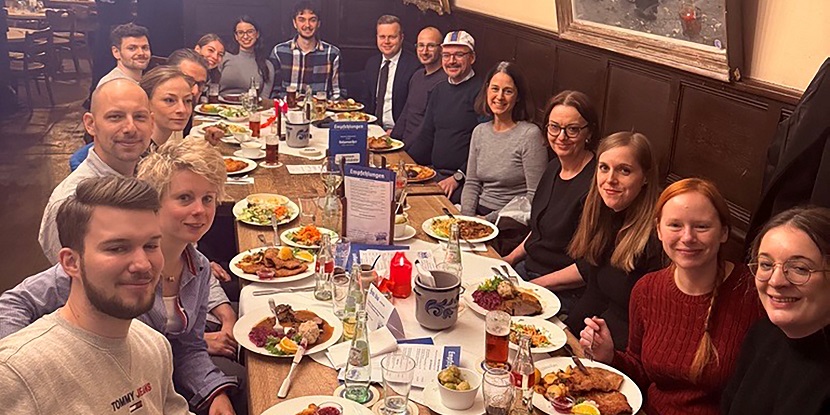
The nominated Kather Augenstein team celebrating a win after the recent Panasonic ruling from the local division Mannheim. ©Kather Augenstein
Passing the baton
Today, the team has a total of 15 lawyers, all of whom are UPC representatives. A setback in this expansion was the loss of founding partner Haertel to Bardehle Pagenberg in 2020. He had played a role in the connected cars proceedings.
Kather Augenstein has actively mastered the generational change. Senior partner Peter Kather was still very present in the connected cars battles, but is now increasingly letting younger partners take the lead in big cases — and at the UPC. For Advanced Bionics, for example, Miriam Kiefer is leading the proceedings, while Kather continues to work on the case in the background. It comes as no surprise that the law firm is conducting one of the first and most far-reaching mobile communications cases in the UPC by representing Panasonic against Oppo.
